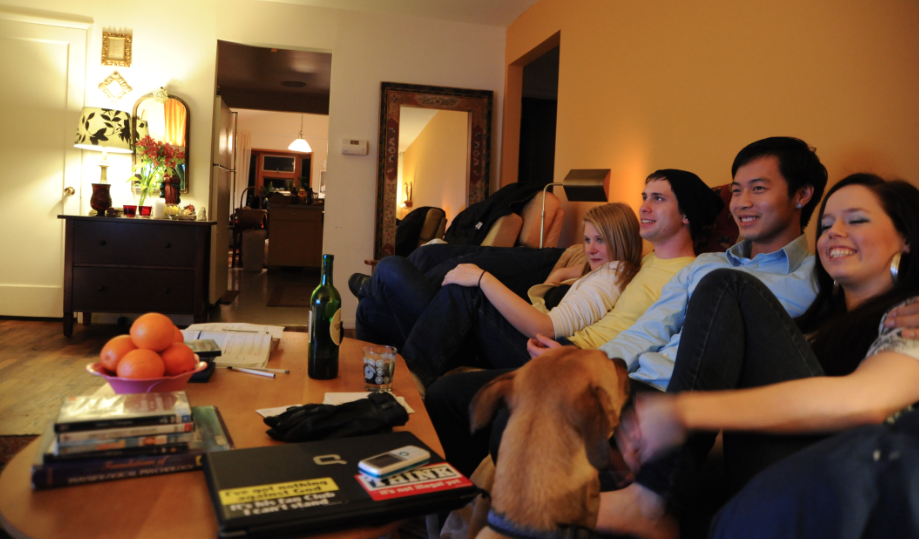When you have Autism Spectrum Disorder, making friends can be difficult. With all of the rules and nuance behind every interaction, it can be a very confusing and overwhelming ordeal. Simply put, what comes naturally to those considered neurotypical does not to people with autism. This often leaves many on the spectrum few opportunities to socialize. The unfortunate reality is that there are a lot people with autism who don’t have many friends; in fact, some don’t have any friends yet wish they did. I’ve already gone into detail about the problems we on the spectrum have with making friends. After all, the way we form friendships changes in adulthood—even the very nature of these friendships changes, too! So for this article, I intend to do something about it, as there are quite a few adults with autism who desire friendship with others but don’t know how. If you’re one of those adults, then read on, because I’ve got three steps to help you out!
Find New Friends—Use Apps and the Internet!
With the advent of computers, smartphones, and the whole social network, you no longer have to make physical contact with others to become their friend. We’re all connected now more than ever, and that’s made companionship a lot easier for us. When I say “us,” I mean everyone, including people with autism! Ever heard of Tinder? If you haven’t, it’s an app mainly using for dating and other things; people put a few pics on it, write a short biography about themselves, and then look at other people’s pics and bios—at that point, they either swipe right to show they’re interested or left to show they’re not. I’ve used Tinder for dating before, but I’ve also managed to make a couple of friends with it, too. I promise it’s not hard; all you need to do is make a profile, mention you’re on the spectrum (optional, but honesty is key) and looking for friendship, and you’re bound to get a few matches who want the same thing! Believe me, it really is that simple. But with the number of ways to technologically connect with others, that’s only one of many examples, and an even better one is wrongplanet.net. For those unaware, wrongplanet.net is a message board solely meant for people on the autism spectrum. If you join, you can then make friends with others just like them as well as talk about your hobbies, interests, and life in general. It’s also perfect for venting your frustrations and having others validate and support you along the way.
Meet Your Friends—Time to Hang Out!
Once you’ve used the resources on the internet to make new friends, you can take it to the next level: Meeting in person! Having a social life means spending time with the people you care about. Parks, museums, restaurants: All of these and many more places are best for meeting others and having a really fun time. Make sure that you and your friend share interests, though—otherwise, there won’t be much to do. However, being on the spectrum myself, I know it can be a little nerve-wracking meeting people and interacting with them, even when you genuinely want to. Fortunately, you can do something about this as well. If you’re not ready to meet yet, you and your friend can wait until you’re comfortable; furthermore, you could even Skype your friend so that you see his or her face—that way, you’ll already have some idea of what it’s like. Once you’re used to regularly meeting your friend in person, you’ll realize just what an exciting experience it can be.
Meet Their Friends—Now, You Can Network!
Now here’s where the magic happens. Yes, you can one day (if you’d like, that is) be introduced to your friend’s friends and add to the excitement! All you’d need to do is ask your friend. In fact, once you’ve made several friends, you could invite them over as well! It could be a bit more challenging in a group setting, so it’s best to just meet them one at a time (at least for now). While this step could, of course, be optional, choosing to follow it could actually be a lot of fun, too—think of what watching a movie could be like!
People with autism are no less human than anyone else. We have a need to bond with others just like the rest of you. However, for many of us, this involves a far greater struggle. That’s why there are steps, resources, and people that can help us out so that we can develop socially and feel accepted.



 The Autism Housing Network: Turning Parents into Project Starters
The Autism Housing Network: Turning Parents into Project Starters


